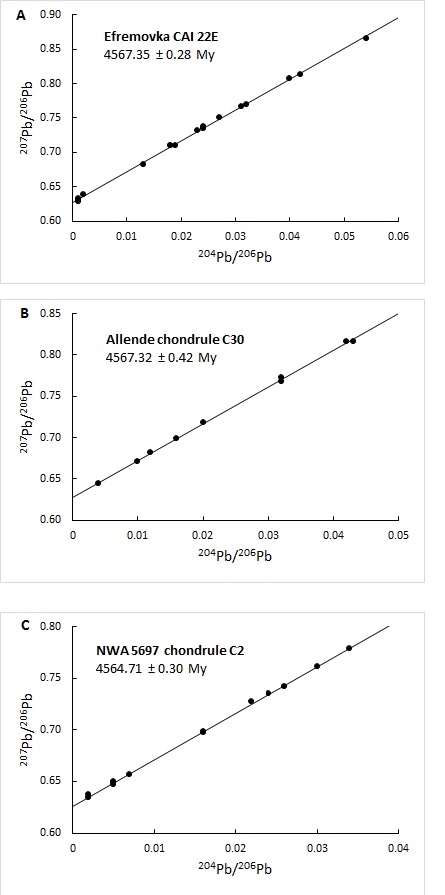Hemoglycin

 Hemoglycin is a hypothetical compound that does not have a basis in scientific literature or recognized biochemical databases. As such, detailed information about its structure, function, or relevance to biology and medicine cannot be provided. In the context of biochemistry and molecular biology, the study of compounds and their roles within living organisms is crucial for understanding cellular processes, disease mechanisms, and the development of therapeutic interventions. However, without verifiable information, it is not possible to elaborate on hemoglycin or its implications for these fields.
Hemoglycin is a hypothetical compound that does not have a basis in scientific literature or recognized biochemical databases. As such, detailed information about its structure, function, or relevance to biology and medicine cannot be provided. In the context of biochemistry and molecular biology, the study of compounds and their roles within living organisms is crucial for understanding cellular processes, disease mechanisms, and the development of therapeutic interventions. However, without verifiable information, it is not possible to elaborate on hemoglycin or its implications for these fields.
Given the lack of information on hemoglycin, this article will instead briefly introduce some fundamental concepts in biochemistry that are essential for exploring the vast array of known biochemical compounds and their functions within living organisms.
Biochemistry and Molecular Biology[edit]
Biochemistry is the branch of science that explores the chemical processes within and related to living organisms. It is a laboratory-based science that combines biology and chemistry, using chemical knowledge and techniques to solve biological problems. Molecular biology is a related field that focuses on the molecular basis of biological activity between biomolecules in the various systems of a cell, including the interactions between DNA, RNA, proteins, and their biosynthesis, as well as the regulation of these interactions.
Key Biomolecules[edit]
- Proteins: Proteins are large biomolecules, or macromolecules, consisting of one or more long chains of amino acid residues. Proteins perform a vast array of functions within organisms, including catalyzing metabolic reactions, DNA replication, responding to stimuli, and transporting molecules from one location to another.
- Nucleic Acids: Nucleic acids, including DNA and RNA, are biopolymers essential for all known forms of life. They carry genetic information and are involved in the synthesis of proteins.
- Carbohydrates: Carbohydrates are essential for energy storage and transport, as well as for providing structural components to cells and organisms. They are also involved in cell signaling processes.
- Lipids: Lipids are a group of naturally occurring molecules that include fats, waxes, sterols, fat-soluble vitamins (such as vitamins A, D, E, and K), monoglycerides, diglycerides, triglycerides, and phospholipids. They play critical roles in energy storage, cell membrane structure, and signaling.
Research and Applications[edit]
Research in biochemistry and molecular biology is fundamental to advancing our understanding of health and disease. It enables the development of new medicines, therapies, and diagnostic tools. The study of biochemical compounds and their interactions is crucial for the design of interventions that can modulate these processes in beneficial ways.
| This article is a stub. You can help WikiMD by registering to expand it. |
Ad. Transform your life with W8MD's Budget GLP-1 injections from $49.99


W8MD offers a medical weight loss program to lose weight in Philadelphia. Our physician-supervised medical weight loss provides:
- Weight loss injections in NYC (generic and brand names):
- Zepbound / Mounjaro, Wegovy / Ozempic, Saxenda
- Most insurances accepted or discounted self-pay rates. We will obtain insurance prior authorizations if needed.
- Generic GLP1 weight loss injections from $49.99 for the starting dose of Semaglutide and $65.00 for Tirzepatide.
- Also offer prescription weight loss medications including Phentermine, Qsymia, Diethylpropion, Contrave etc.
NYC weight loss doctor appointmentsNYC weight loss doctor appointments
Start your NYC weight loss journey today at our NYC medical weight loss and Philadelphia medical weight loss clinics.
- Call 718-946-5500 to lose weight in NYC or for medical weight loss in Philadelphia 215-676-2334.
- Tags:NYC medical weight loss, Philadelphia lose weight Zepbound NYC, Budget GLP1 weight loss injections, Wegovy Philadelphia, Wegovy NYC, Philadelphia medical weight loss, Brookly weight loss and Wegovy NYC
|
WikiMD's Wellness Encyclopedia |
| Let Food Be Thy Medicine Medicine Thy Food - Hippocrates |
Medical Disclaimer: WikiMD is not a substitute for professional medical advice. The information on WikiMD is provided as an information resource only, may be incorrect, outdated or misleading, and is not to be used or relied on for any diagnostic or treatment purposes. Please consult your health care provider before making any healthcare decisions or for guidance about a specific medical condition. WikiMD expressly disclaims responsibility, and shall have no liability, for any damages, loss, injury, or liability whatsoever suffered as a result of your reliance on the information contained in this site. By visiting this site you agree to the foregoing terms and conditions, which may from time to time be changed or supplemented by WikiMD. If you do not agree to the foregoing terms and conditions, you should not enter or use this site. See full disclaimer.
Credits:Most images are courtesy of Wikimedia commons, and templates, categories Wikipedia, licensed under CC BY SA or similar.
Translate this page: - East Asian
中文,
日本,
한국어,
South Asian
हिन्दी,
தமிழ்,
తెలుగు,
Urdu,
ಕನ್ನಡ,
Southeast Asian
Indonesian,
Vietnamese,
Thai,
မြန်မာဘာသာ,
বাংলা
European
español,
Deutsch,
français,
Greek,
português do Brasil,
polski,
română,
русский,
Nederlands,
norsk,
svenska,
suomi,
Italian
Middle Eastern & African
عربى,
Turkish,
Persian,
Hebrew,
Afrikaans,
isiZulu,
Kiswahili,
Other
Bulgarian,
Hungarian,
Czech,
Swedish,
മലയാളം,
मराठी,
ਪੰਜਾਬੀ,
ગુજરાતી,
Portuguese,
Ukrainian